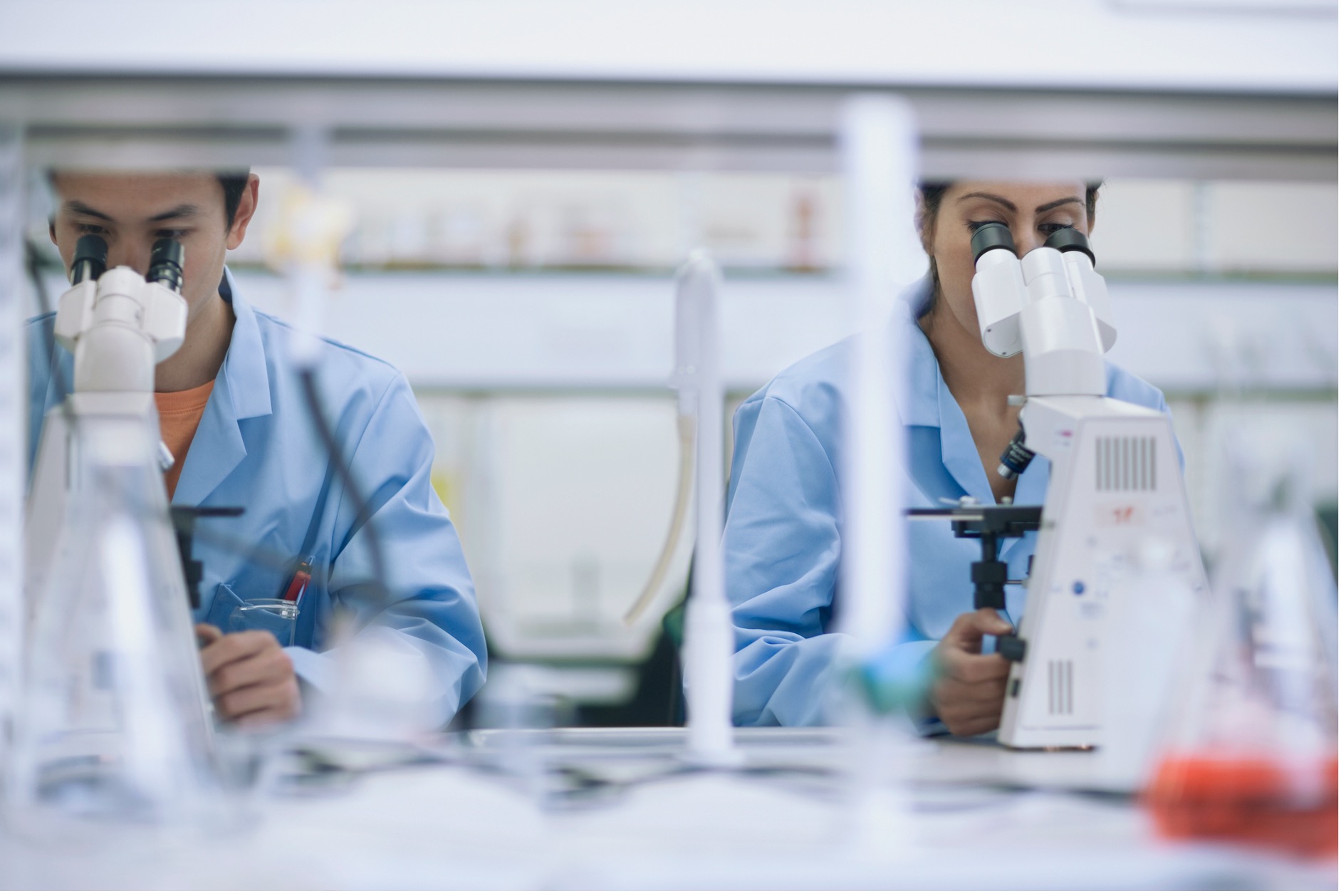Dimerix announces changes to investigator-led remap-cap Covid-19 study

Pic: Getty Images
Dimerix’s study in COVID-19 patients in Europe is being adapted after the independent safety data monitoring board highlighted concerns with other treatment arms not connected to its lead compound DMX-200.
Clinical stage biopharma Dimerix (ASX:DXB) has announced changes to its REMAP-CAP ACE2 RAS study in COVID-19 patients in Europe following recommendations from the independent Data Safety Monitoring Board (DSMB).
Dimerix CEO and Managing Director Nina Webster said there were four different treatment arms to the REMAP-CAP ACE2 RAS study that randomised patients to receive either no RAS drug, an angiotensin receptor blocker (ARB) alone, an angiotensin converting enzyme (ACE) inhibitor alone or an ARB simultaneously with Dimerix’s lead therapy DMX-200.
“The DSMB has noted a safety signal in two of those treatments in severe critically ill patients who are receiving an ACE inhibitor or an ARB alone in ICU and on a ventilator,” she said.
“However, there has been no safety signal communicated in the DMX-200 treatment group, nor has there been any safety signal noted in the moderate COVID patients in ICU but not on a ventilator (including those receiving an ACE inhibitor or an ARB).”
Webster said DSMB recommended that recruitment of patients in the severe illness severity state of the domain be suspended in patients on an ACE or an ARB.
Given DMX-200 is administered to patients also taking an ARB, the DSMB has recommended that the ARB plus DMX-200 arm also be suspended in these critically ill patients.
While further analysis is undertaken on the safety signals the study has also been temporarily paused in the moderate group but could reopen recruitment in the next couple of weeks.
Webster said complete assessment of data from patients with severe disease will be undertaken by the REMAP-CAP team and reported as soon as available.
Adaptable analysis
The REMAP-CAP ACE2 RAS study uses adaptive analysis to examine data, and continually assesses if a treatment is safe and effective.
Analysis considers whether any of the study drugs should be stopped to avoid giving patients an ineffective therapy, particularly if there are side effects.
Of the 779 patients recruited into the study 564 patients were assessed across the four treatment arms in the planned analysis.
After further review of all available data, the study may continue treating patients, including with DMX-200, until it reaches a pre-specified statistical threshold for determining efficacy among patients who are moderately ill with COVID-19.
DMX-200 therapy is designed to reduce damage from inflammatory immune cells by blocking signals and limiting subsequent movement, essentially alleviating respiratory complications associated with COVID-19.
Dimerix said the preliminary REMAP-CAP findings is unlikely to impact its CLARITY 2.0 study of DMX-200 and an ARB in patients with moderate COVID-19 respiratory complications, which is being conducted in India.
No impact on FSGS kidney study
Webster said the preliminary REMAP-CAP ACE2 RAS study findings will not impact the ACTION3 study of DMX-200 in Focal Segmental Glomerulosclerosis (FSGS) patients, a rare type of kidney disease.
“Important to note that this has no bearing on the FSGS study at all, given ARBs are the current standard of care in this disease,” she said.
The pivotal phase-3 clinical trial will evaluate the efficacy and safety of DMX-200 against a placebo in patients with the rare kidney disease who are receiving a stable dose of an angiotensin II receptor blocker (ARB), and being conducted following encouraging data from the FSGS Phase 2 study completed in 2020.
It was the first time DMX-200 has been approved for use in kidney patients by a regulator outside of Australia and New Zealand.
FSGS attacks the kidney’s filtering units, where blood is cleaned (called the ‘glomeruli’), causing irreversible scarring, leading to permanent kidney damage and eventual end-stage failure of the organ, requiring dialysis or transplantation.
For those fortunate enough to receive a kidney transplant, approximately 40% will get re-occurring FSGS in the transplanted kidney. There are currently no drugs specifically approved for FSGS anywhere in the world.
Government support
These funds are in addition to the previously awarded $1 million grant the company received from the same program in September 2020.
The funds will be used to expedite the commercialisation of DMX-200.
This article was developed in collaboration with Dimerix, a Stockhead advertiser at the time of publishing.
This article does not constitute financial product advice. You should consider obtaining independent advice before making any financial decisions.

UNLOCK INSIGHTS
Discover the untold stories of emerging ASX stocks.
Daily news and expert analysis, it's free to subscribe.
By proceeding, you confirm you understand that we handle personal information in accordance with our Privacy Policy.








